Optimal Timing for Waterproofing Applications
Waterproofing is a crucial process that protects structures from water intrusion, preventing damage and deterioration over time. Proper timing ensures maximum effectiveness and longevity of waterproofing materials, reducing the need for costly repairs.
Spring offers moderate temperatures and low humidity, ideal for applying waterproofing products before heavy rains.
Warm and dry summer months facilitate proper curing and adhesion of waterproofing materials.
Applying waterproofing in fall prepares structures for winter and prevents moisture infiltration during cold months.
Winter's cold temperatures and freezing conditions hinder proper application and curing of waterproofing materials.
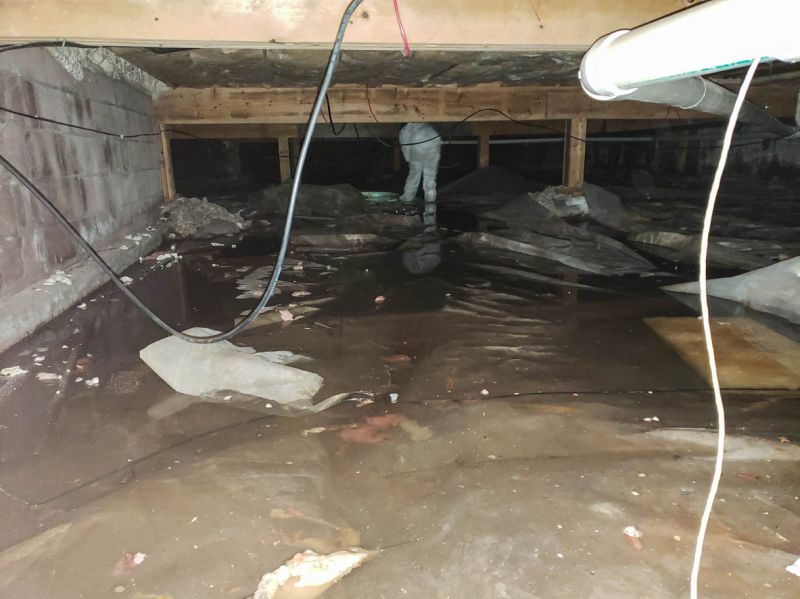
Ways to make Waterproofings work in tight or awkward layouts.
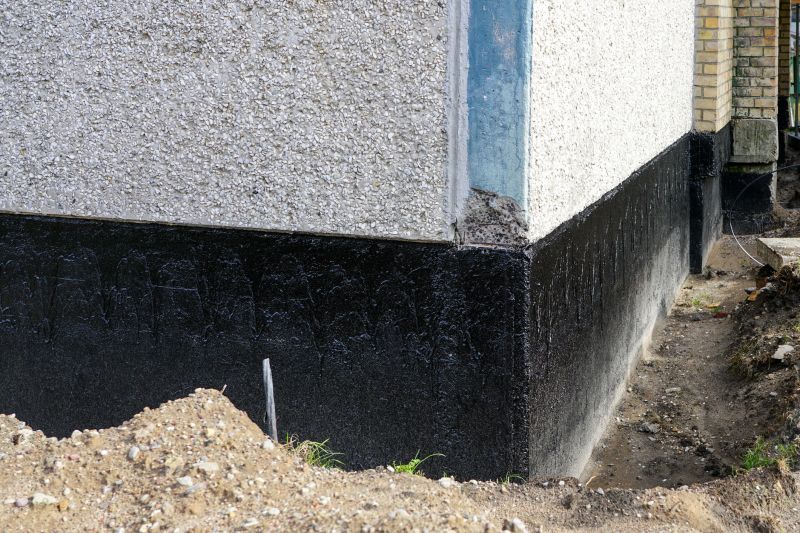
Popular materials for Waterproofings and why they hold up over time.
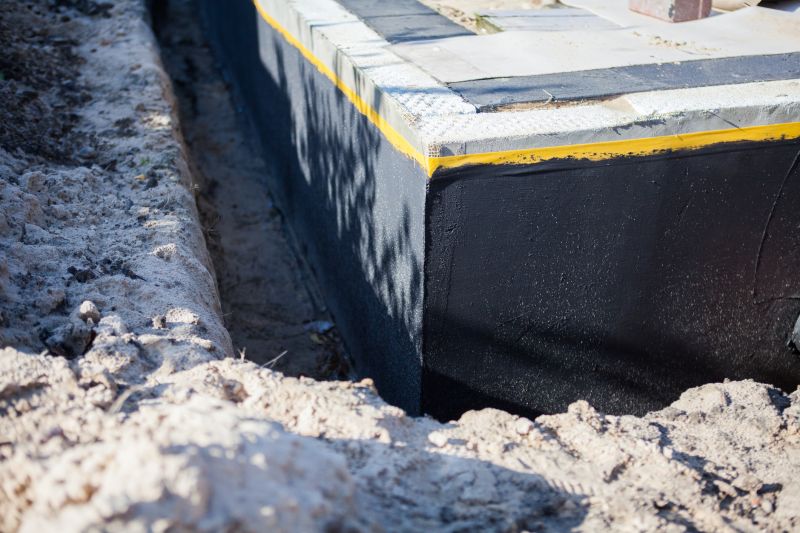
Simple add-ons that improve Waterproofings without blowing the budget.
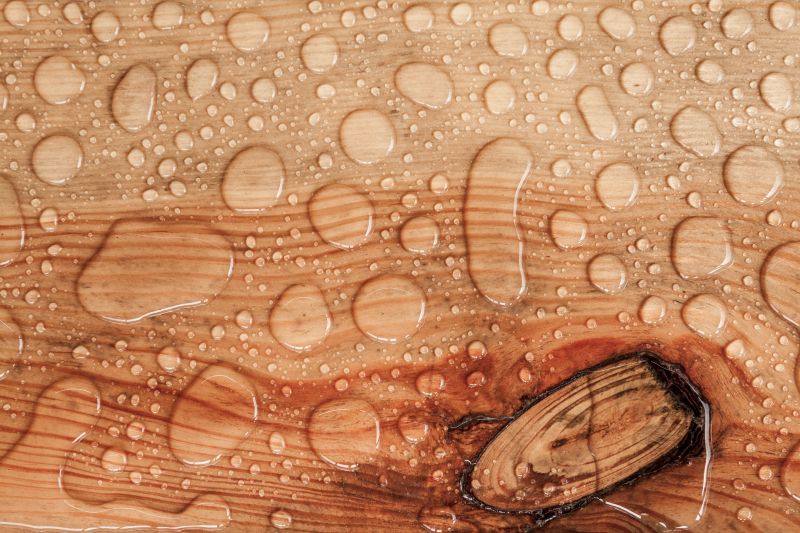
High-end options that actually feel worth it for Waterproofings.
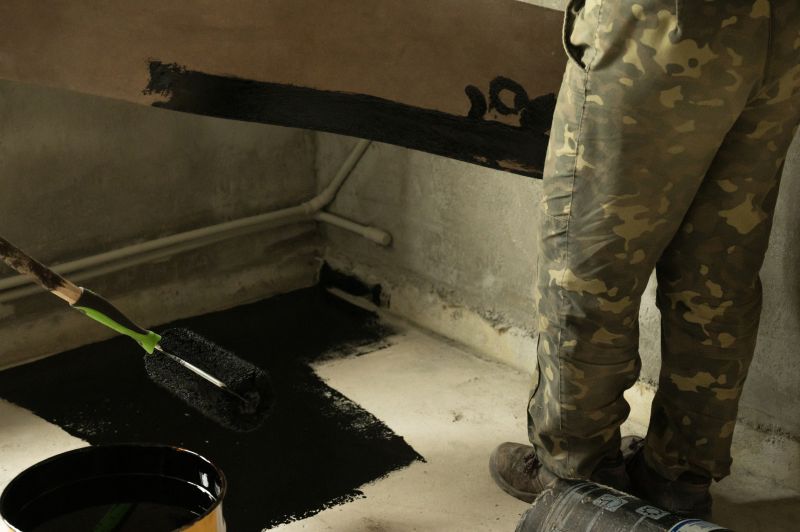
Finishes and colors that play nicely with Waterproofings.
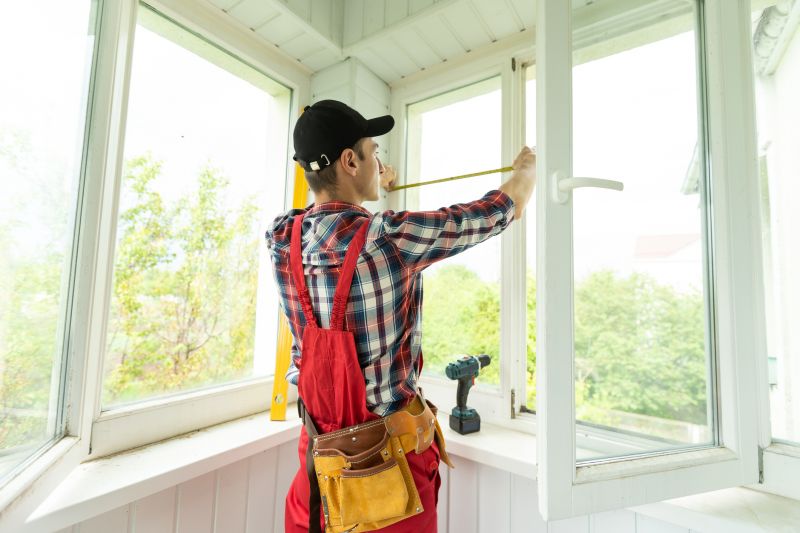
Little measurements that prevent headaches on Waterproofings day.
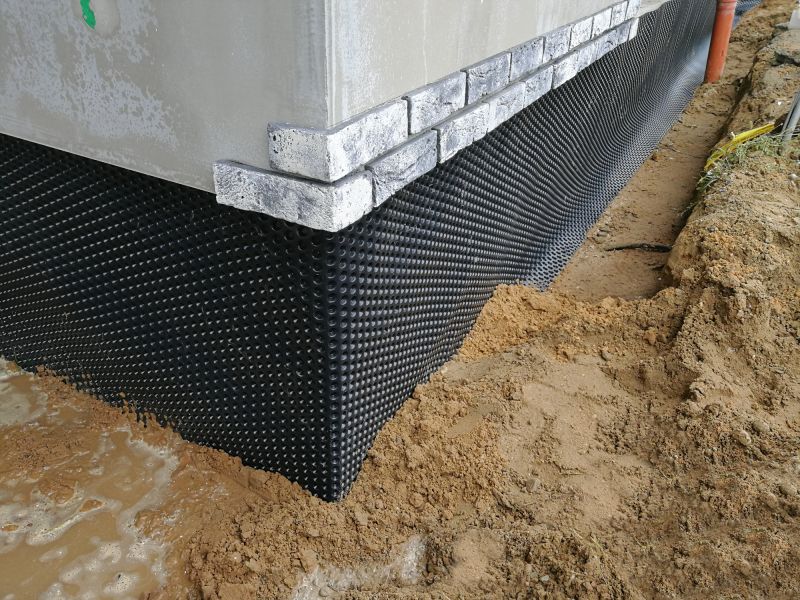
A 60-second routine that keeps Waterproofings looking new.
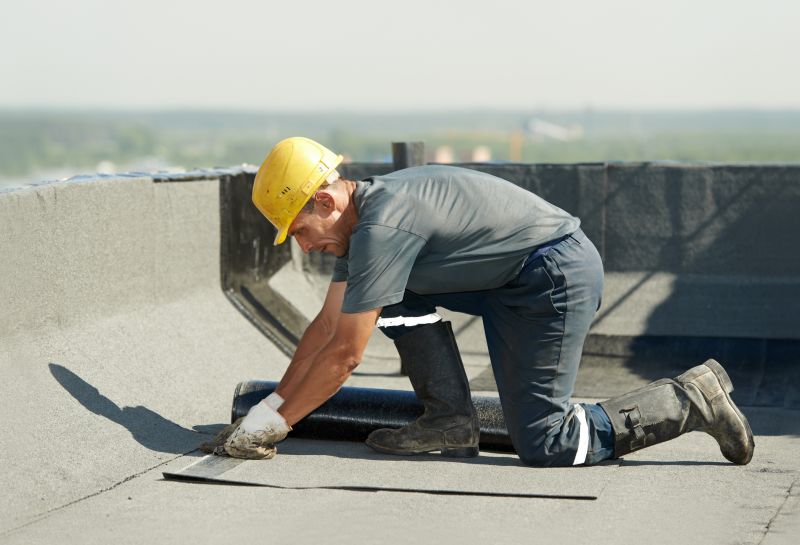
A frequent mistake in Waterproofings and how to dodge it.
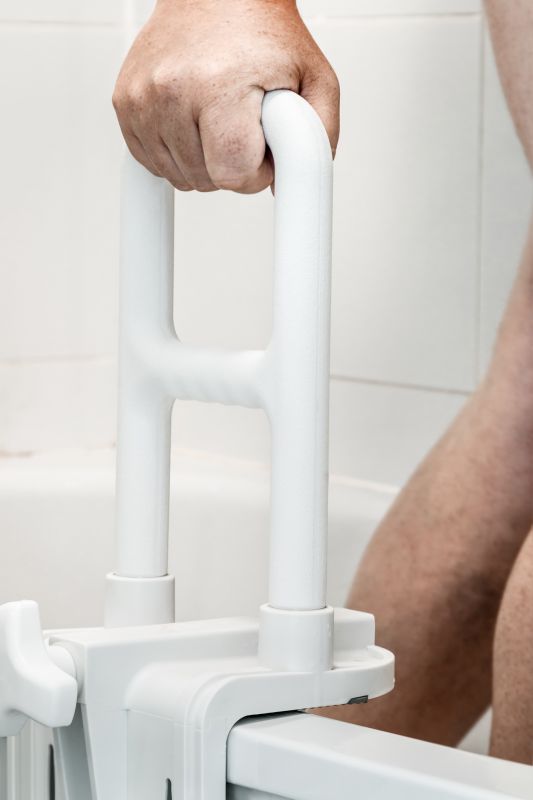
Small tweaks to make Waterproofings safer and easier to use.
| Season | Optimal Conditions |
|---|---|
| Spring | Moderate temperatures, low humidity, ideal for application. |
| Summer | Warm and dry weather, ensures proper curing. |
| Fall | Prepares structures for winter, prevents moisture intrusion. |
| Winter | Not recommended due to freezing temperatures and application challenges. |
Waterproofings involve applying specialized materials to protect buildings from water infiltration. These materials include liquid membranes, sealants, and membranes that create a barrier against moisture. Proper application and timing are essential to ensure durability and effectiveness, especially in climates with seasonal variations.
Statistics indicate that timely waterproofing can extend the lifespan of structures by several decades, reducing repair costs and structural damage caused by water intrusion. In regions with seasonal rainfall, scheduling waterproofing projects during dry periods minimizes the risk of water exposure during application, leading to better adhesion and longer-lasting protection.
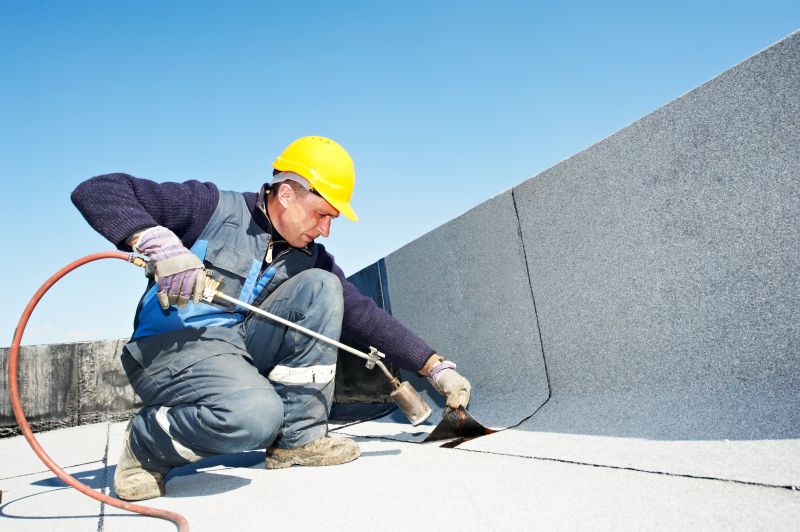
Lower-waste or water-saving choices for Waterproofings.
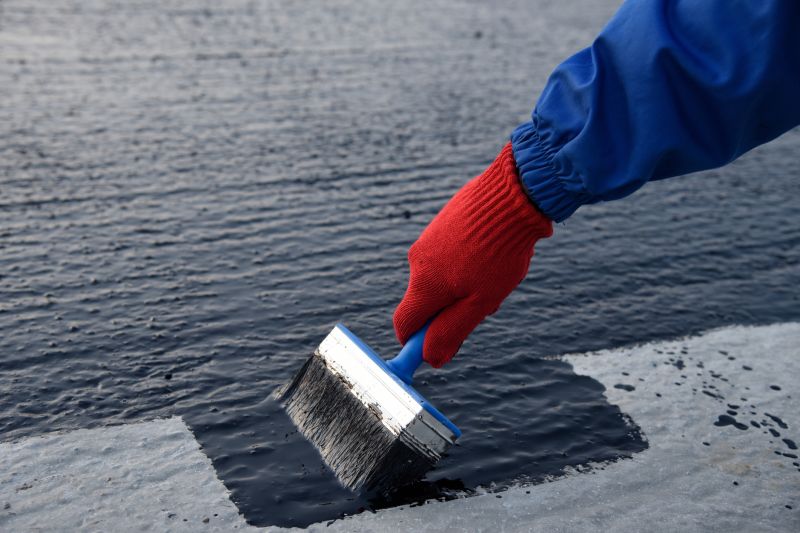
The short, realistic tool list for quality Waterproofings.
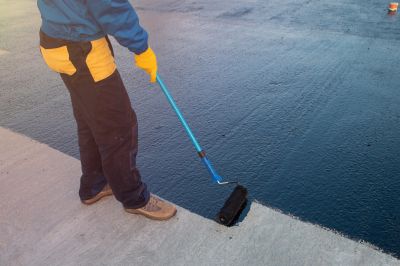
Rough timing from prep to clean-up for Waterproofings.
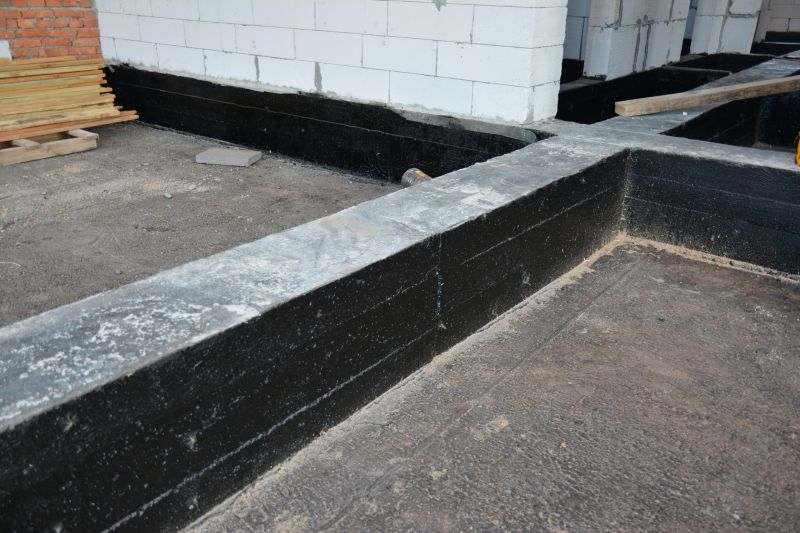
Quick checks and paperwork to keep after Waterproofings.
Interested parties are encouraged to contact for further information or to schedule waterproofing services. Proper timing and application techniques can significantly enhance the durability of structures and prevent water-related damages.


